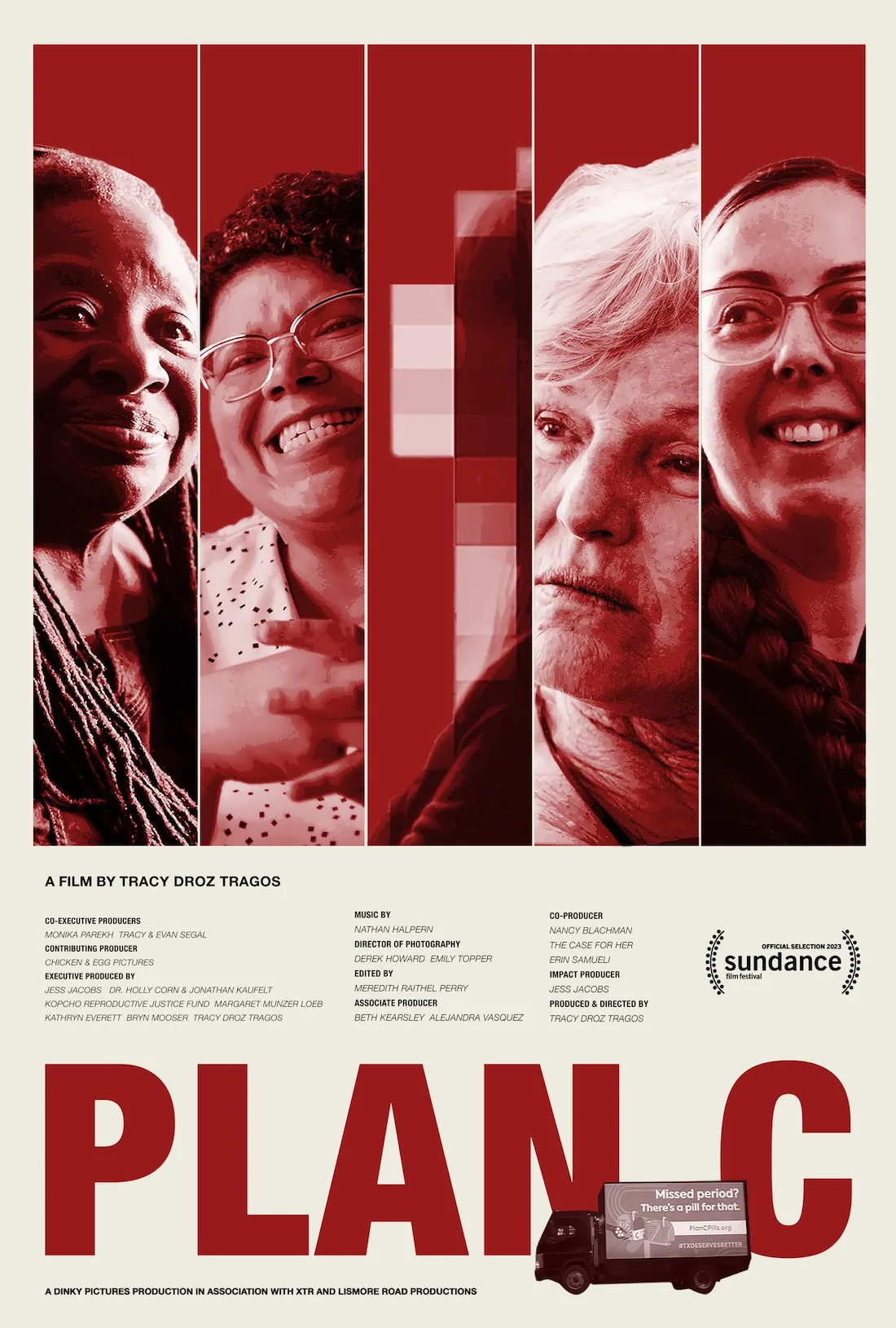Abortion is one of the most polarizing and rapidly evolving social issues in America today. Especially with the overturn of Roe v. Wade, the nuanced modes of oppression left in control to the states require an equally nuanced and demanding counteract. Tracy Droz Tragos’ documentary “Plan C” follows the processes of the titular organization that fights nationwide for access to abortion pills and other resources, depicting a timeline of increased criminalization that takes us from late 2019 up until today. Through interviews with women on all sides of the issue, “Plan C” paints a well-rounded picture of their operations but struggles with where to direct its focus.
“We operate in six states legally and all fifty states illegally.” Members of the organization refer to themselves as members of a cartel, and in many ways, they are mailing “illicit” drugs across state lines. Yet, of course, the difference is the sentiment of their service.
From the jump, we understand the stakes of their actions. Many interviewees, medical professionals, and abortion-seeking women alike choose to be anonymous for fear of the consequences of being known. And many of the women who do show their faces acknowledge that whether it be professional punishment or personal retribution, life-changing risks abound in the territory of their activism.
“Plan C” has two structures within its format: a chronological acknowledgment of major dates in the movement and timeless day-to-day testimonies. While the big picture is just as important as the on-the-ground individual stories, the documentary lacks grace in transitioning from one perspective to the next. “Plan C” maintains a slow pace across each of its quotidian vignettes, and the lack of adhesive matter attaching each point to the next results in a documentary that feels dull, even though its subject matter is not. The value and importance of what “Plan C” illustrates is enough to inspire you to press play, but the choppiness of its organization softens the blow of its impacts.
Co-founders Francine Coeytaux and Elisa Wells are large parts of the film, the former most primarily. “Plan C” clearly admires the women involved and their adaptability to an omnipresent boilerplate political environment. The accessibility of abortion options outside of clinics showed a hopeful increase during the COVID-19 pandemic, only to be immediately stripped and exacerbated by the Supreme Court overturn of Roe v. Wade and consequential state-wide bans on all forms of abortion.
The film’s feminist stance has bullet points of intersectionality but only scratches the surface. It focuses so heavily on the big picture of access as it pertains to red vs. blue but doesn’t dig into the effects of race and class in a meaningful, essential way. There are nuggets of cognizance in passing comments, but fleeting recognition is not enough in a film focused on counteracting female oppression.
“Plan C” documents the strength and dexterity of Plan C’s underground movement for accessible, safe abortions by linking to political events and social demands. Its stance is hopeful and determined rather than fatalistic and dejected. There are moments of undeniable grit, as an anonymous woman relays that if she’s imprisoned, ten more women are behind her and 100 more behind them. There’s also levity, like when Francine puts stickers in a bathroom Bible.
“Plan C” illustrates the organization’s inner workings with appreciation and honor but with a palpable lack of drive and direction in its filmmaking. While you will learn something from “Plan C,” the film concludes like a big-picture puzzle with a few missing pieces. However, the film accomplishes its primary purpose: to continue driving awareness to a population affected by a rapidly restrictive landscape.
Now playing in theaters.




















